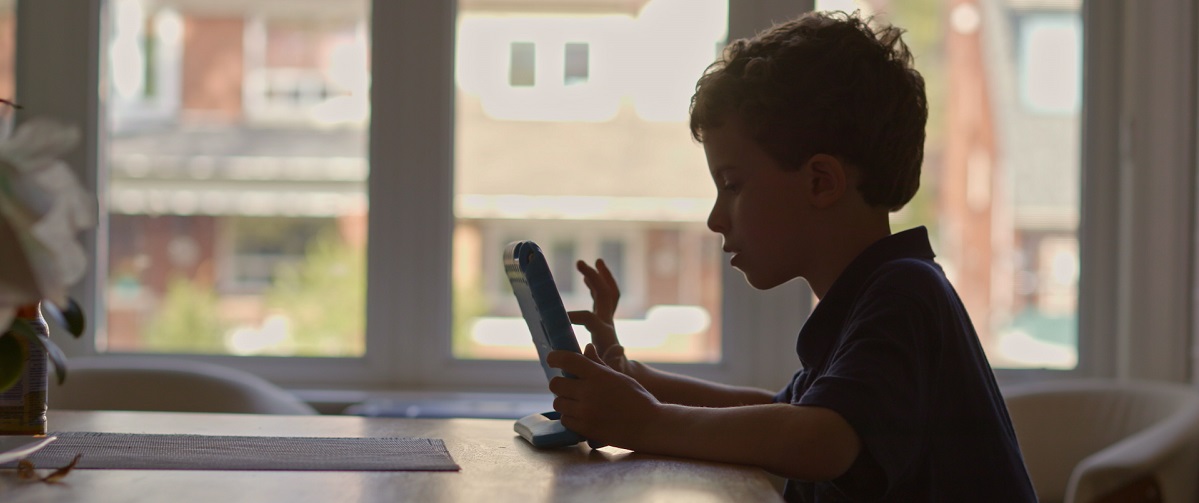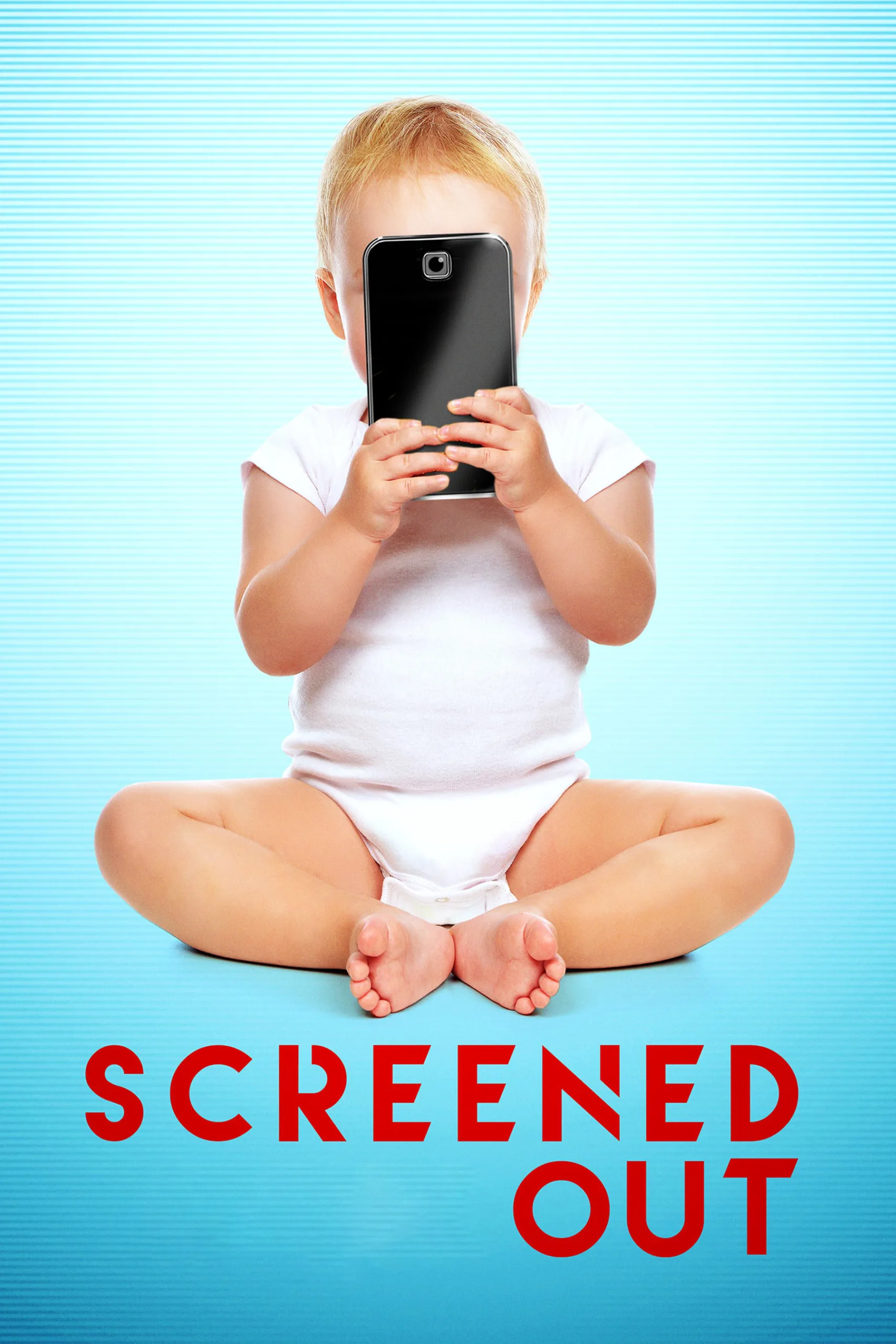I’m guessing that about ten minutes into “Screened Out” you will want to hit pause. It could be because you have already begun to absorb its message about the damage that spending so much time on screens, especially social media, is doing to our brains, our children, and our culture, and you need to delete an app or two. Or, it could be because you want to check your email/Twitter/Instagram/Facebook and all of the other internet siren calls whose constant seductions are, according to this film, impossible to resist as a matter of neurochemistry. Either way, put down your phone and keep watching.
Just because we already sense or know a lot of what is in this film does not mean we won’t benefit from hearing it in such urgent and compelling fashion. You may be aware that email and social media are the first thing you check every morning and the last thing you check at night. You may know how much time it has taken away from what used to occupy your time. You may sense that the feeling of connection you get from seeing that someone liked your tweet about the first concert you attended or favorited your Instagram picture of a sandwich is not of the same quality as, say, an actual in-person conversation.
As though self-conscious about employing the very tricks it is exposing, the just-over-an-hour “Screened Out” maintains a very traditional structure, mostly a series of experts with a lot of dire statistics and conclusions and use of the term “addiction.” There is also a too-brief “Super Size Me“-style segment, or, rather “Un-Super Size Me,” as writer/director John Hyatt goes cold turkey and deletes his social media accounts, while his wife decides to keep them but cut back, and screens are banned for their sons except on weekends.
“I look at it all the time,” Hyatt confesses. “It pulls me away from my work, my children, and my relationships.” The entertainment, the comfort, the approval, the sense of connection we used to find in a variety of places and people and media are now all together in one device handily at hand 24/7. We do not realize that the entertainment, comfort, approval, and connection we get from it is synthetic, explicitly designed to trigger the same neurochemical bursts we get from the real thing.
As for all of those “free” social media apps? Say it with me: if you’re not the customer, you are the product. While you’re determining which “Game of Thrones” character you are, switching your status from “it’s complicated” to “engaged” or clicking “wow” on the post about politics of someone you have not seen since high school, you are giving away pieces of yourself to Facebook which it is selling to advertisers. Facebook visionary Sean Parker is featured in the film explaining that their goal was “to consume as much of your time and conscious attention as possible,” exploiting a vulnerability of human psychology. Or, as one of the on-screen experts puts it, “Companies are doing everything they can to short circuit free will and make us forget we ever had it in the first place.”
Unlike a book or a movie or a piece of music, there is no natural ending, or “stoppage cues.” We scroll down endlessly, with the little dopamine hits of “likes” propelling us in search of the next one. While we may not realize that it is just a simulation of connection, this process has actually reduced our attention span down to eight seconds, or one second less than a goldfish.
We hear from a lot of experts, including the director of one of the country’s first treatment centers specifically designed for those addicted to technology and the founder of a museum of personal computers. Jim Steyer, founder of Common Sense Media (and brother of former Presidential candidate Tom Steyer and a former colleague of this reviewer) points out that Facebook’s Mark Zuckerberg was in kindergarten the last time Congress addressed privacy issues, tying the lack of oversight to the tech industry’s rank as number one in lobbying expenditures.
The experts with impressive qualifications in the film have some important information about how this all happened and why those concerned are not just a bunch of Luddites fearful of progress. But the experts who have the most impact are the teenagers who talk about staying up all night to check their social media and how devastated they are by not living up—online or IRL—to the images they see online. And Hyatt’s own children tell him that when they see him on his phone they just wish he would pay more attention to them. If you are paying attention to this movie, and not looking at your phone, that is the scene you should and will remember.




















